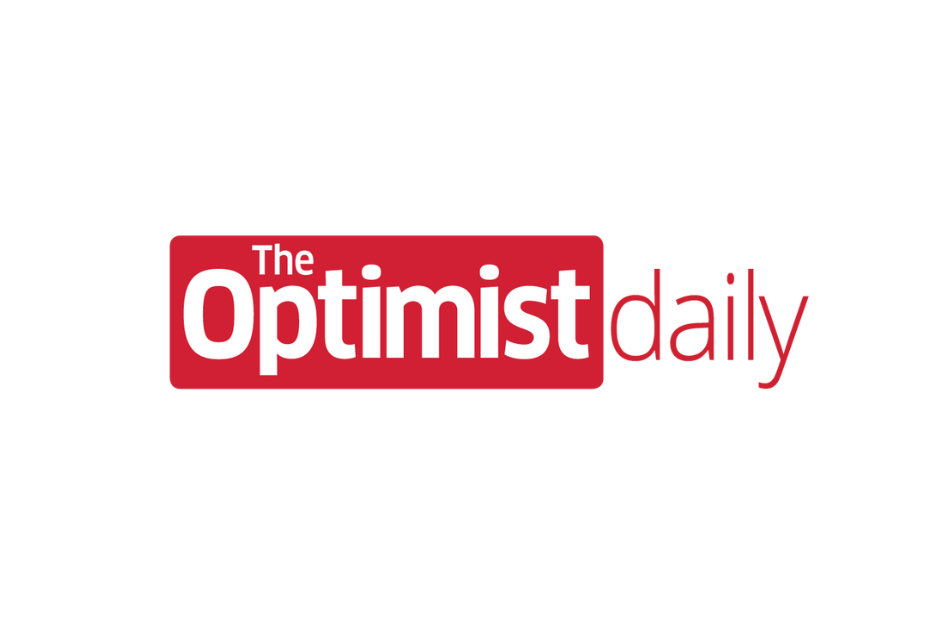Cultures that are deeply ingrained with the concept of machismo, or the belief that men must be dominant, often have issues surrounding abuse and violence against women.
While there are many women-centered movements and support lines, men who are willing but struggling to move past machismo don’t have anywhere to turn that can help them understand their emotions and control their impulses—until now.
The Calm Line in Bogotá, Colombia puts men at the center of the conversation surrounding violence against women and aims to address the ideology behind the actions.
The specialized hotline was launched by the government of Claudia López, who was elected as the first woman and openly gay mayor of Bogotá. López has prioritized combating oppression and machismo in her government’s plan through the hotline and other various initiatives, such as a new school set to open next month in Bogotá called “Men in Care.”
Here, husbands and fathers will learn how to take care of their homes, children, and partners properly and respectfully. The question that remains is whether men will willingly attend—Colombian men admit to recognizing that machismo exists in their culture, but far fewer are able to see it in their own actions.
For instance, 58-year-old taxi driver Pedro Torres says that the Calm Line is a “good idea,” but thinks men may be too embarrassed to call and is unsure whether the service was even necessary.
However, according to government data, a woman is sexually assaulted every 34 minutes in Colombia, which speaks to the need for a service like the Calm Line.
Women from Mexico to Argentina have participated vocally in the #MeToo or #YoTambien movement, and have engaged in mass protests to push for the legalization of abortion and for the end of gender-based violence. Their feminist anthem, “A Rapist in Your Path,” which was written by a Chilean feminist collective, calls for the responsibility for sexual abuse to be exclusively placed on men, saying: “The fault was not mine, or where I was, or how I dressed. The rapist is you.”
This is the context from which the Calm Line was born. The hotline, which is run by around a dozen psychologists in a small office overlooking the city, is receiving calls from men at a rate of around 12 per day. “I believed, and others believed, that men who commit violence would not call us to ask for help,” said 26-year-old Daniel Galeano, one of the psychologists. “But something is happening, and maybe it’s that those old masculine models don’t work anymore.”
The Calm Line is advertised on social media, television, and radio, and even on an associated TV miniseries called “Calm,” which features a cast of four male friends who support each other as they battle anger and control issues.
The Calm Line joins many other initiatives such as the workshops on “micromachismos,” or machista microaggressions, that are being hosted by university students across Colombia. Other nonprofits in Mexico, Costa Rica, and Brazil have also started offering therapy or courses that focus on healthy masculinity, while some governments go beyond supporting education for abusers and now endorse fatherhood classes.
Around Latin America, men’s collectives with names like “Men at Work” are meeting up regularly to discuss their roles in the patriarchy as well as diverse ways they can be a man, so that they can learn how to break out of the narrow masculine identity that machismo demands they fulfill.
The hope is that these proactive, preventative, men-focused initiatives will be more effective in eradicating machismo from these cultures than punishing abusers through the penal system after the fact.
According to Mauro A. Vargas Urías the founder and director of Gendes, a Mexican organization that examines masculinity, there is hope. “Because [machismo]’s a system that we learned, we can unlearn it to relearn.”
Image source: The New York Times/Federico Rios












